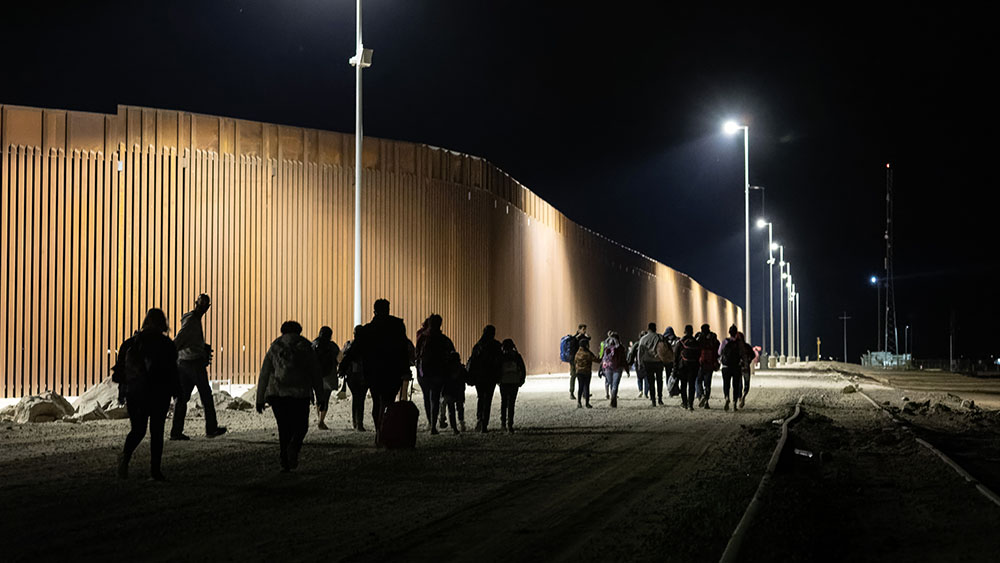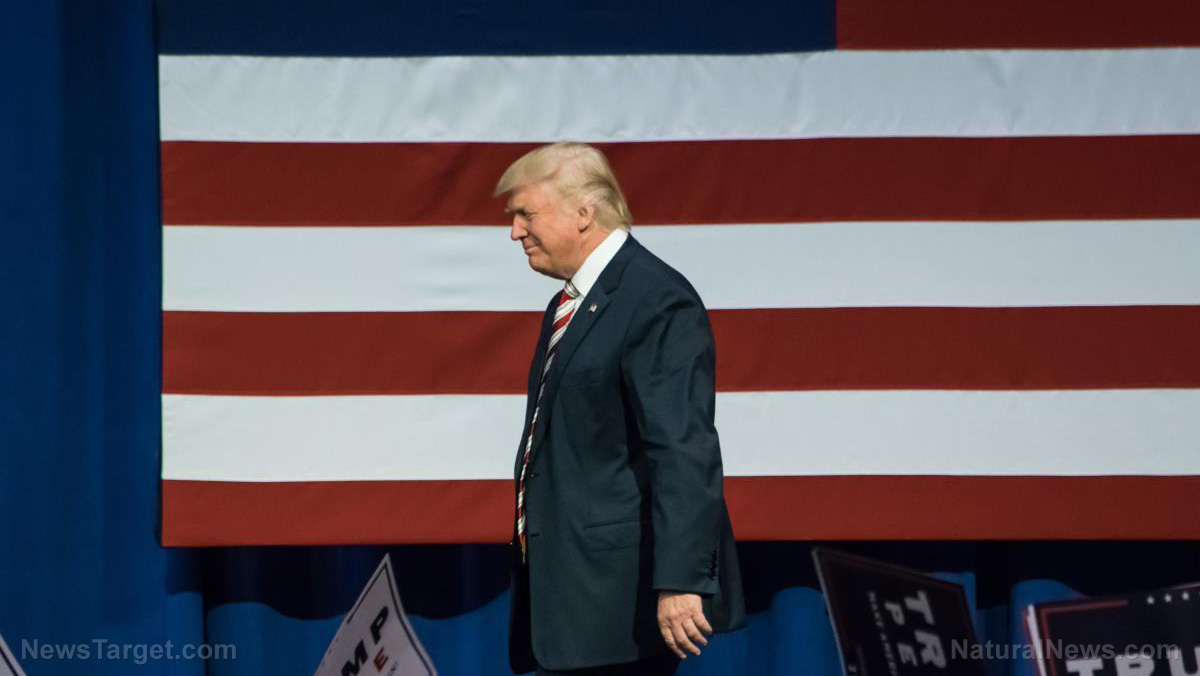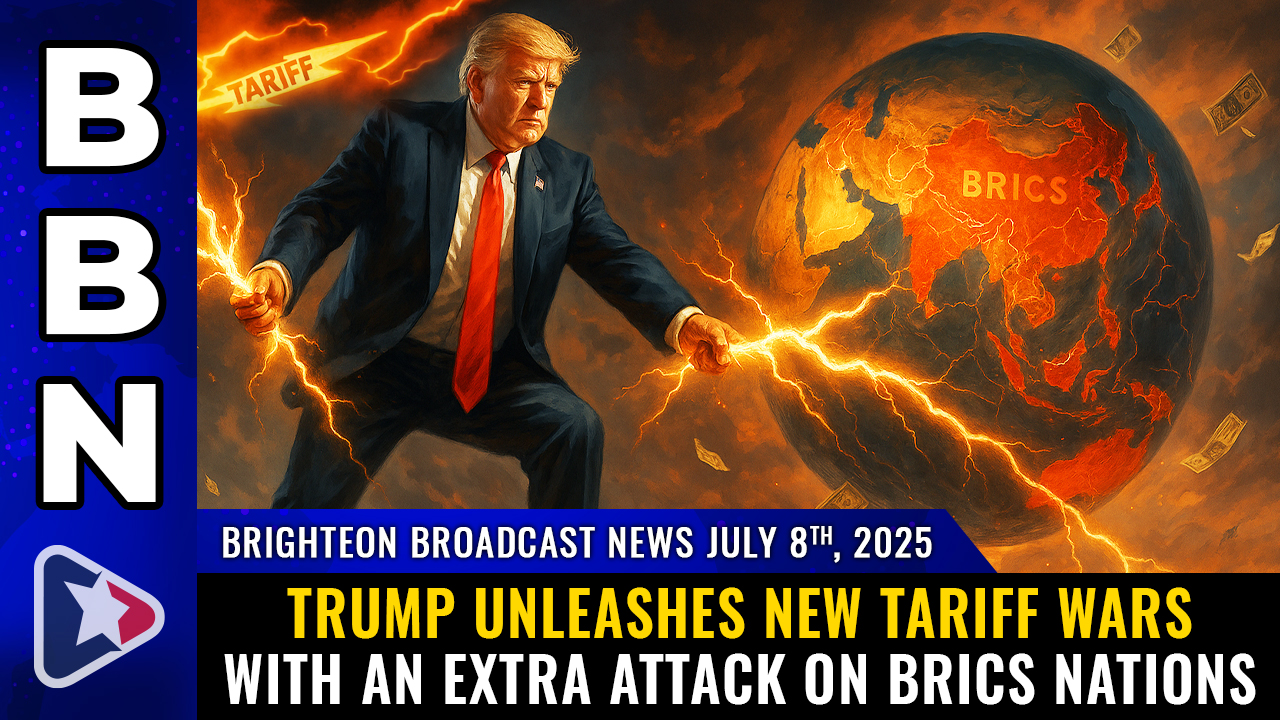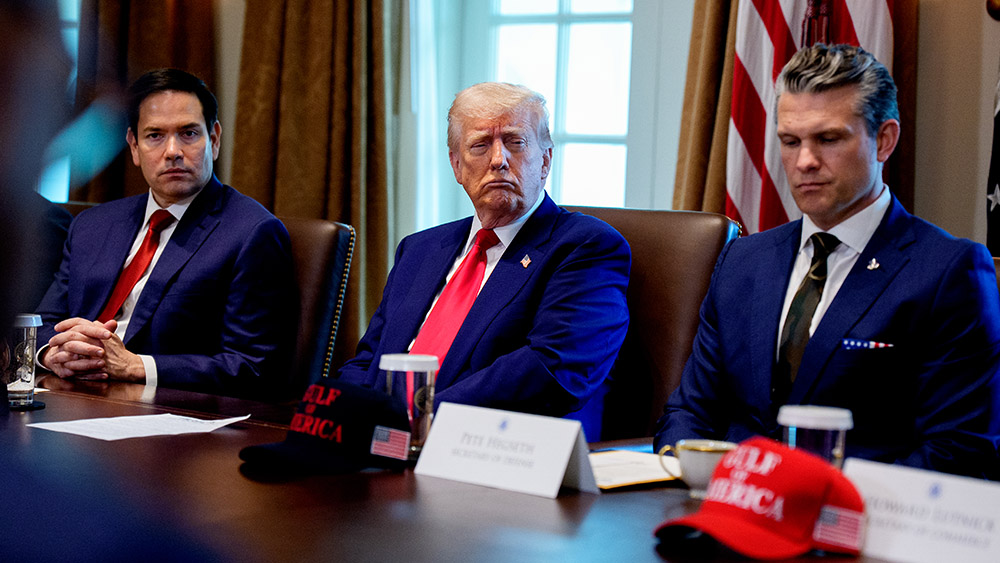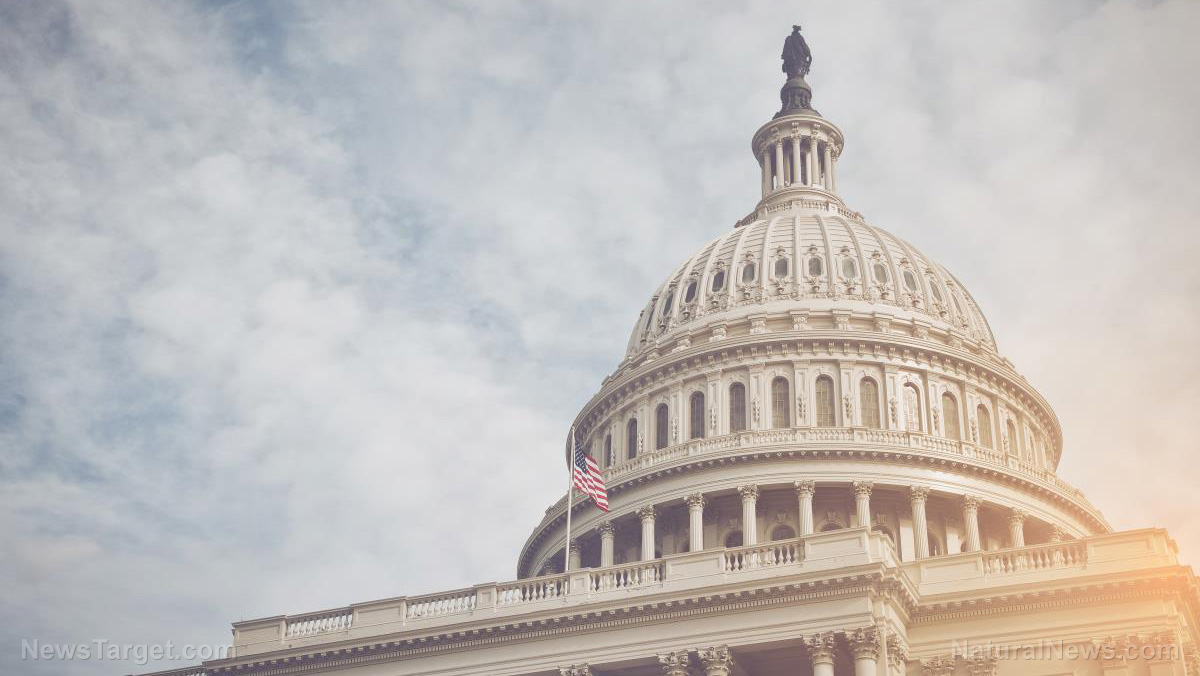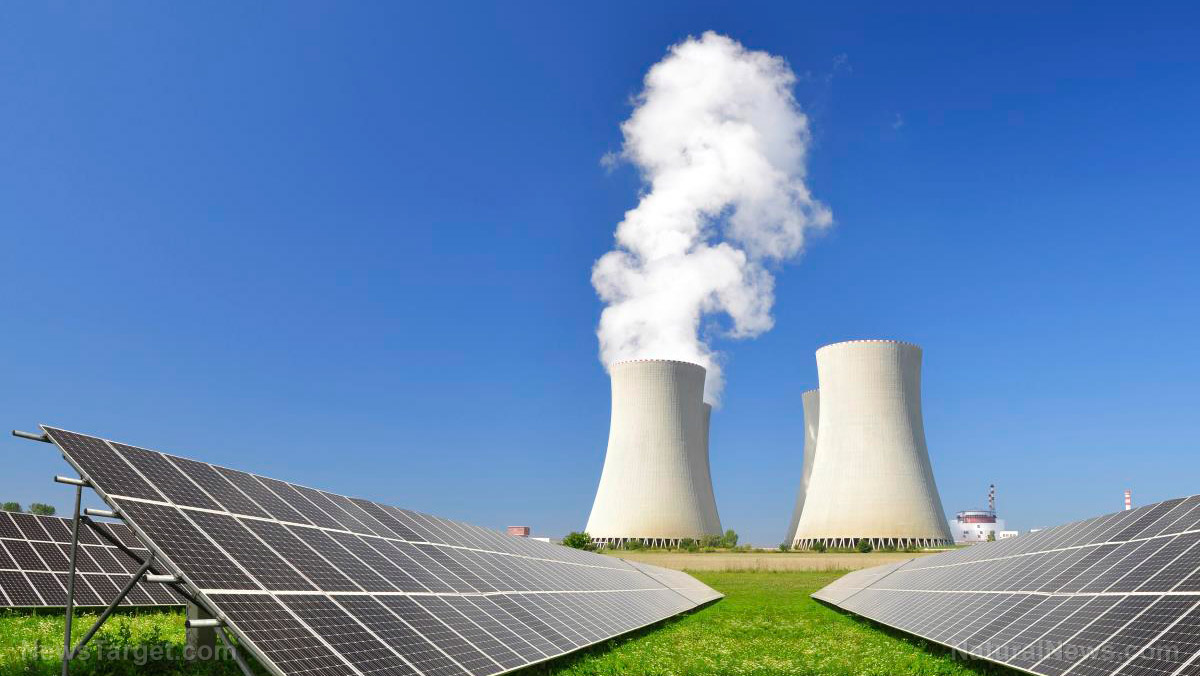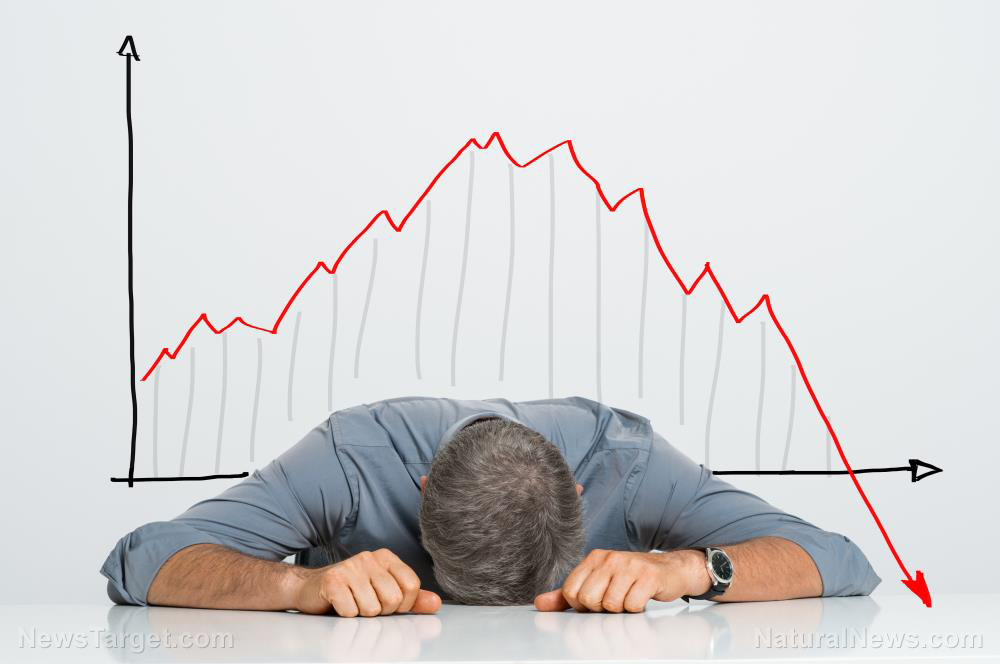BRICS nations accelerate push to decouple from U.S. dollar amid sanctions concerns
07/09/2025 / By Willow Tohi

- BRICS nations are advancing plans for a new financial payment system to reduce reliance on the U.S. dollar and Western institutions.
- Russia, China and other members seek to shield themselves from economic sanctions after Russia’s exclusion from SWIFT in 2022.
- The BRICS New Development Bank (NDB) is central to funding infrastructure projects without Western influence.
- Bilateral trade between Russia and China surged to $245 billion in 2024 using national currencies.
- BRICS has expanded to ten members and now offers “partner status” to countries interested in joining the bloc.
Russian President Vladimir Putin announced last month that BRICS nations are accelerating efforts to create a dollar-independent payment system, marking a pivotal challenge to U.S. financial hegemony. The push, led by Russia and China, aims to insulate member states from Western sanctions and the dominance of the dollar, which has long underpinned global trade. BRICS—comprising Brazil, Russia, India, China and South Africa, now with six additional members as partners—has highlighted the urgency of these reforms after Moscow was cut off from SWIFT and faced frozen reserves during the Ukraine conflict. At the recent BRICS summit in Rio de Janeiro, Russia’s Finance Minister Anton Siluanov emphasized that settling trade in national currencies offers a “reliable alternative” to Western-controlled systems.
The sanctions catalyst: Out with the dollar, in with BRICS currencies
The Ukraine conflict of 2022 and subsequent Western sanctions triggered a seismic shift in BRICS’ financial strategy. When Russia’s dollar and euro reserves were frozen, the bloc’s reliance on traditional banks and payment systems became a vulnerability. “Sanctions have accelerated the economic bloc’s push for financial independence,” Siluanov told RT during the Rio summit. “Settling trade in national currencies offers a reliable alternative.”
Russia is now prioritizing direct financial links with trusted partners. Bilateral trade with China exemplifies this shift, rising to $245 billion in 2024, with nearly all transactions denominated in rubles and yuan. Siluanov stressed that expanding these ties is critical to bypassing Western sanctions: “Transactions are handled through reliable banks with direct relationships, avoiding SWIFT and dollar-euro systems.”
Putin echoed this sentiment in a video address to the summit, urging BRICS to “further expand the use of national currencies in mutual settlements” and called for an “independent settlement system” to ensure faster, safer transactions.
BRICS as an alternative to Western dominance
BRICS was founded in 2006 as a platform for developing economies to counterbalance G7 influence. The bloc struggled initially, but its significance skyrocketed after the U.S. imposed sanctions on Russia. The New Development Bank (NDB), launched in 2015, became a cornerstone for investment in emerging markets, offering an alternative to IMF and World Bank loans often tied to Western policies.
Today, BRICS’ growth reflects its political and economic ambitions. The group expanded to ten members in 2024, welcoming Egypt, Ethiopia, the UAE and Indonesia. At its 2023 summit in Kazan, Russia, BRICS introduced a “partner country” status to accommodate growing interest from over thirty nations, signaling an intent to reshape global economic governance.
Strategic implications: A blow to U.S. financial power
The creation of a dollar-free system threatens U.S. dominance in international finance. As Siluanov noted, Western financial infrastructure can “suspend payments at any moment,” making sanctions a risky but potent diplomatic weapon. BRICS’ alternative mechanisms—like the NDB investing in energy and infrastructure projects—could erode the dollar’s status as the global reserve currency.
Yet challenges remain. Western nations, including the U.S., have warned of consequences for countries adopting BRICS financial frameworks. The bloc also faces criticism over its internal economic disparities: while China and India boast robust growth, many newer members lack the resources to contribute meaningfully.
Rivalry or dialogue? The path forward
BRICS’ push for financial independence underscores the fragility of the post-WWII Bretton Woods system. As Putin declared, a “depository system within BRICS” would not only protect members from sanctions but also “lead the Global South by example.”
For the U.S., this marks a strategic threat to its economic superpower status. However, experts suggest cooperation may still emerge. “BRICS isn’t about excluding the U.S. but reducing unsustainable reliance on any single nation’s currency,” one analyst noted. Whether this movement diversifies global finance or deepens geopolitical divides depends on how evenly BRICS balances ambition with pragmatism.
Sources for this article include:
Submit a correction >>
Tagged Under:
big government, dollar demise, globalism, Inflation, market crash, money supply, national security, risk, sanctions, supply chain, trade wars
This article may contain statements that reflect the opinion of the author
RECENT NEWS & ARTICLES
COPYRIGHT © 2017 PENSIONS.NEWS
All content posted on this site is protected under Free Speech. Pensions.news is not responsible for content written by contributing authors. The information on this site is provided for educational and entertainment purposes only. It is not intended as a substitute for professional advice of any kind. Pensions.news assumes no responsibility for the use or misuse of this material. All trademarks, registered trademarks and service marks mentioned on this site are the property of their respective owners.

